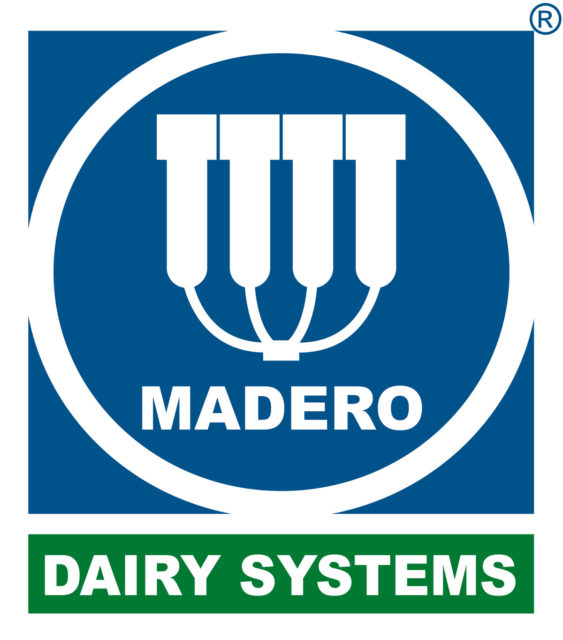Sarah Stodola spent most of her childhood in California. She had an interest in farming from the time she was 16, but since she didn't grow up on a farm, she didn't think she could get into the industry.
Stodola graduated from Oral Roberts University with a degree in biology. Unable to find any specialized work without a master's degree under her belt, she moved to Wisconsin with some relatives. Once again she found she had an interest in farming. This time she heard about the Wisconsin School for Beginning Dairy and Livestock Farmers. Stodola enrolled in WSBDF'S Pasture-based Dairy and Livestock Seminar and Farm and Industry Short Course.
"I'd say the best thing I learned was the idea that you can get started in farming even if you don't have a background with it -- not only as a farm worker, but eventually be able to start your own operation by doing it in a sustainable way, where you don't have to have quite as much land base built up over a hundred years to start out like some of these farms have," Stodola says.
WSBDF offers two options, and many students take both. The Pasture-based Dairy and Livestock Seminar is a 15-week course, which meets once a week to listen to local farmers speak on subjects such as milking center design, agronomic principles of managed grazing, organic marketing and herd health and goal-setting and farm enterprise development. The Farm and Industry Short Course is a program that offers a five-month certificate for completing the program. Both programs have distance education options.
"We have every kind of student. We have 17-year-olds. My oldest student was 67. We even had a student who was taking the course on his computer in Iraq while serving in the Armed Forces. We have students who are actually farming, and we have those from cities who want to start farming," says Dr. Richard Cates, the school's director.
According to Cates, of the 325 students who have completed the programs, 60 percent started their own farms, with many more still wanting to. Cates attributes this success to the school's focus on business training and to surrounding the students with support from the community.
As part of the seminar, the students draw up a business plan. They can then present to a panel of farmers and lenders, who give them feedback and help them refine their plan. Students who come from a farm background may know how to do the work, but they don't necessarily understand the financial and business end of it. The courses offered by the school can be invaluable for them.
Gary Stankowski grew up on a beef cattle operation. He went through both programs and has since been running his own dairy for 13 years. Stankowski says he particularly appreciated being taught by farmers who had tried the techniques they were teaching.
"They weren't telling you what should work -- they were telling you what works," he says.
Stodola appreciated the broad range of subjects covered. Some of the subjects she had studied as a biology student, but a lot was still new to her.
"They have things in a lot of different areas -- soils, plants and forages. But what I find is hitting home a lot are the things we learned about dairy herd management," Stodola says.
Cates says that many students with farm backgrounds have to learn new ways to do things.
"Our responsibility is to introduce students to emerging markets, emerging technologies, approaches, philosophies, and let them choose. We present a wide variety of options because every student has their own interests and strengths, and we try to encourage them to use them," he says.
Stankowski says he thinks that is perhaps the most important thing he learned, and he's continued to apply it in his farming today.
"Always try something new, always keep your eyes open, always keep looking. Just because we've been doing something this way for 20 years doesn't mean you have to keep doing it this way for 20 years," Stankowski says.
Students, especially those without a farming background, are encouraged to complete an internship for credit. Stodola completed an eight-week internship at a local dairy where she has helped with the calves, breeding and vaccinating. She plans on continuing to get experience and starting her own dairy in the future.
"It's hard to say what the most important thing that I've learned is. I think that everything has been important -- pretty much the entire management of the herd. You can read it from a book all day long, but I believe that in order to really understand something, you have to see it, it has to be hands-on," Stodola says. "I really appreciate the whole short course experience and the internship. I really feel very blessed to have gotten into the whole thing." PD




